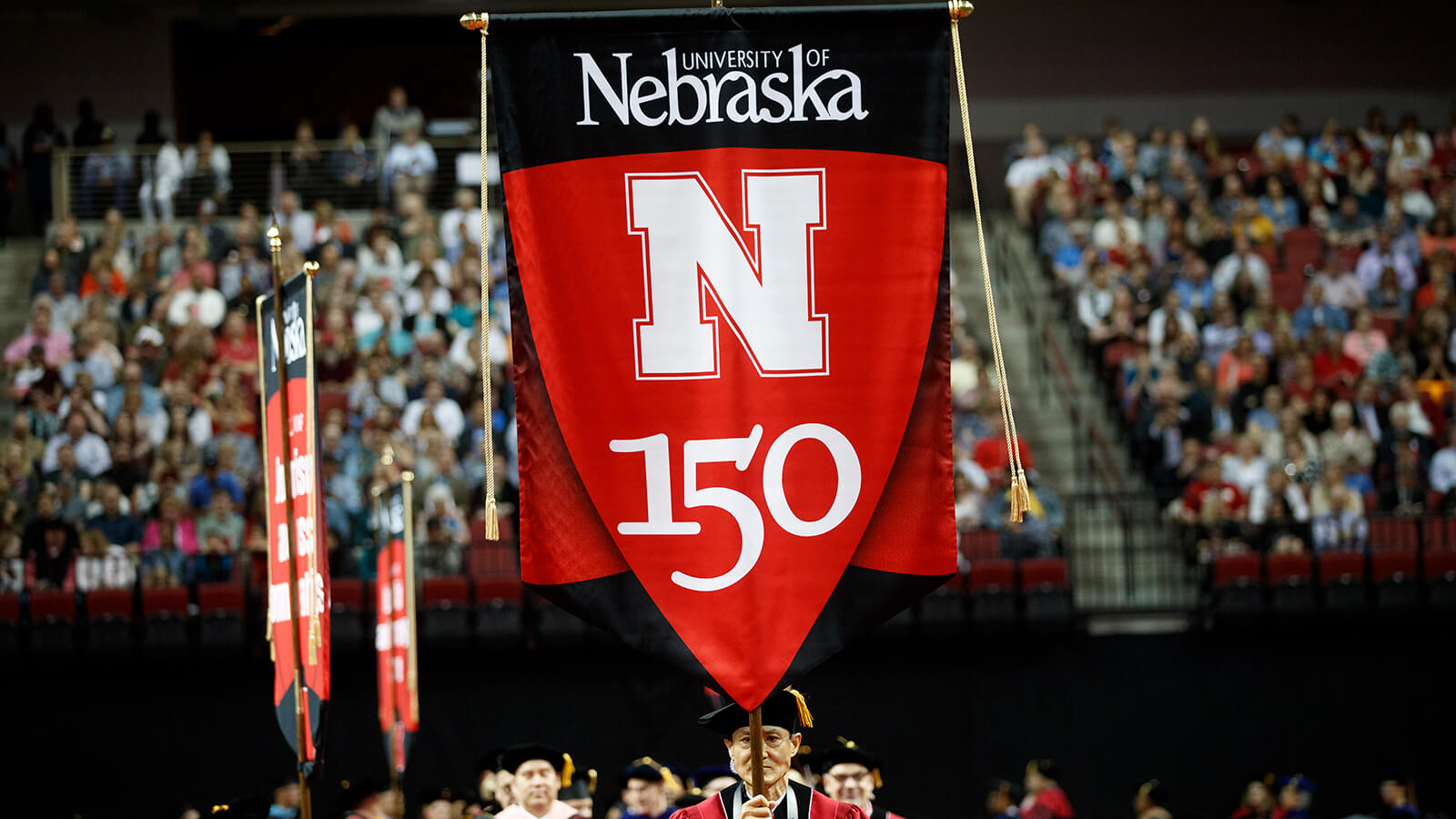
File the FAFSA at fafsa.gov to be considered for need-based financial aid grants. Grants do not typically* require repayment and are offered to undergraduate students working on a first bachelor's degree who demonstrate financial need. The grants listed below from federal, state, and campus sources are coordinated and administered by the Office of Scholarships and Financial Aid.
Nebraska Promise covers undergraduate tuition at the University of Nebraska-Lincoln for students who meet academic qualifications and have a family income of $65,000 or less (AGI) or are eligible for the Federal Pell Grant. Visit our Nebraska Promise FAQs page for more information.
The priority date to file the FAFSA at fafsa.gov is May 1. Complete all requested financial aid documents by June 1st! The earlier you file, the better, as you can maximize your chances of receiving the most financial aid (and/or scholarships) possible for all types of scholarship and grant programs available, including external/private scholarships.
*Note: Occasionally a student may have to pay back part or all of a grant if, for example, he or she withdraws from school early or doesn’t fulfill the requirements of the TEACH Grant service obligation.
Federal Pell Grants
Pell Grants provide a foundation of financial assistance to which other forms of aid may be added. Undergraduate students who establish eligibility for this program will receive a grant based on their estimated family contribution and the cost of attendance at Nebraska.
Federal Supplemental Education Opportunity Grants (FSEOG)
FSEOG funds are awarded on a first come, first complete basis to Pell eligible undergraduate students on the basis of financial need. These funds are awarded to students directly by the University and are limited to the funds allocated by the U.S. Department of Education.
Teacher Education Assistance for College and Higher Education Grant (TEACH Grant)
The U.S. Department of Education's TEACH Grant Program provides funds to students who are completing or who plan to complete coursework that is required to begin a career in teaching (undergraduates at Nebraska who are admitted into a Teacher Education Program meet this requirement), and who agree to teach full-time for at least four years as a highly qualified teacher; at a school servicing low-income students; and in a high-need field.
Iraq and Afghanistan Service Grant
The Iraq and Afghanistan Service Grant is a federal grant for for students whose parent or guardian was a member of the U.S. armed forces and died as a result of performing military service in Iraq or Afghanistan after the events of 9/11. In order to qualify a student must not be a Federal Pell Grant recipient (due to having less financial need than is required to receive Federal Pell Grant funds) and must have been younger than 24 years old or enrolled at least part-time at a college or career school at the time of the parent’s or guardian’s death. Eligibility is determined by the FAFSA. There is no separate application.
Children of Fallen Heroes
The Children of Fallen Heroes Scholarship extends maximum Federal Pell Grant eligibility for certain students who are Pell Grant-eligible and had a parent or guardian die while serving as a public safety officer. The student must be Pell-eligible and be less than 24 years of age or enrolled at an institution of higher education at the time of the parent or guardian's death. In subsequent years, the student continues to be eligible for the scholarship, as long as the student is Pell-eligible and continues to be an eligible student. Since students who meet the conditions of this scholarship are not easily identifable, please contact Husker Hub if you believe you meet the criteria at huskerhub@unl.edu or at 402-472-2030.
Other Need-Based Grants for Priority Admits
The following grants are awarded on a first-come, first-complete basis to qualified applicants who have a completed financial aid file and who filed the FAFSA by the May 1 FAFSA Priority Filing Date.
The grants listed below are some of the funds that fulfill Nebraska Promise, the University's affordability promise to students that provides, at a minimum, that tuition costs will be covered by federal, state, and campus scholarships and grants during the fall/spring for students who meet certain academic and family income qualifications.
Nebraska Opportunity Grant (NOG)
This is a need-based grant program funded by the State of Nebraska and awarded by the eligible campuses within the state. Grants are awarded to undergraduate students who are Nebraska residents and demonstrate financial need as defined by state statutes. More information about the Nebraska Opportunity Grant program can be found on the website for Nebraska's Coordinating Commission for Postsecondary Education that administers the determination of campus eligibility and allocates the funding to the campuses.
Tuition Assistance Program Grants (TAP)
This is a need-based grant awarded to full-time undergraduate students who are Nebraska residents based on financial need and academic criteria as defined by the Board of Regents to help fulfill the Nebraska Promise.
University Tuition Assistance Grants (UTAG)
This is a need-based grant awarded to full-time undergraduate students based on financial need and academic criteria as defined by the Board of Regents.
University of Nebraska-Lincoln Opportunity Grants (UNOG)
Grants are awarded to full-time undergraduate students who are Nebraska residents with exceptional financial need.
Note: Financial aid eligiblity is not necessarily fixed. The receipt of any additional scholarships, fellowships, tuition waivers, or any other financial resource not listed on your original financial aid offer may cause reductions to, or replacement of the grants listed above if they were on your original financial aid offer. Many grants are based on financial need through a formula that takes into account other financial resources received. By receiving other financial resources, these grants may need to be adjusted based on federal, state, or campus need-based aid policies.